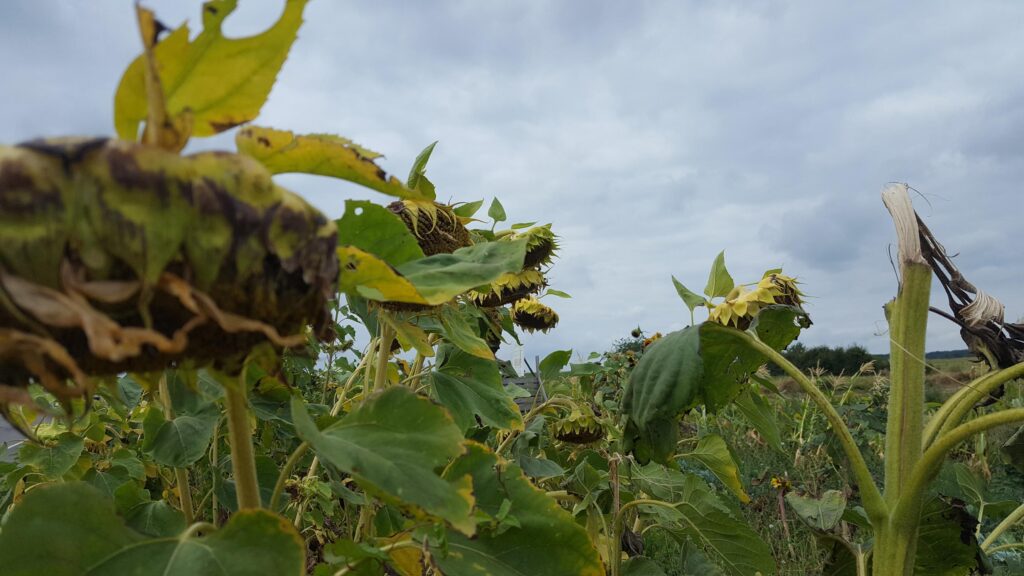When children grow up when can easily observe how much they learn. We look forward to these moments in which they start saying words or when they make their efforts to walk.
Other things are much less visible. And it’s not clear as to how well we realize how much we can contribute to the learning children are doing.
To cope with events and life children learn to four skills: Self-stabilization, self-reparation, self-regulation, and self-enhancement. Either they learn them by themselves or with the support of parents or other significant persons.
When learning by themselves children are challenged by having to find solutions on their own. Lacking the experience adults could share they use their own conclusion which isn’t always clear thoughts.
The resulting premature learning has a high probability to affect behavior for much of our adult life. I found it interesting to learn more about these skills in a workshop with Richard Erskine during these last days. From there I found it interesting to think more about them to get an idea of the origin of some of our adult challenges.
Self-stabilization: is the ability to assess the unknown or unexplained and to react to it with the ability to distinguish between our felt experience and reality. It means, for example, to be able to know that a bad dream is just a bad dream.
As adults, this helps us to realize when we need to investigate an event instead of being paralyzed or frightened by something unknown.
Self-reparation: is the ability to deal with being hurt. May it be having hurt ourselves physically or feeling hurt by the behavior of others. As we learn to deal with being hurt we learn to find adequate “medication”. We are attuned with the feeling of hurt and can care for ourselves.
Children who haven’t learned self-reparation might end up avoiding to feel the hurt. One common solution people find is to numb it. Ways to do so include to never stop working, become addicted and over intellectualize situations.
Self-regulation: is the ability to share experience and needs. Parents help children to learn this for example by inviting them to share their experiences and asking them what type of help they might need.
Adults who had the opportunity to learn to self-regulate know the benefits they gain from sharing their experience or from asking others for help. Others struggle to find answers to their questions.
Self-enhancement: is the ability to know what we are able to do or even good at doing. We learn this through feedback and with the support of others who help us see where our strengths and abilities are.
One of many benefits as adults is the ability to know where our learning can continue and to reflect on our behavior. In doing so we learn where and how we can do better work or enhance our relationships. And yet, it is an ability we often need to train as adults.
What I find fascinating about these four learnings is, how simple they basically seem and how easy it could be to be more attuned to them would we be more aware of their presence.

